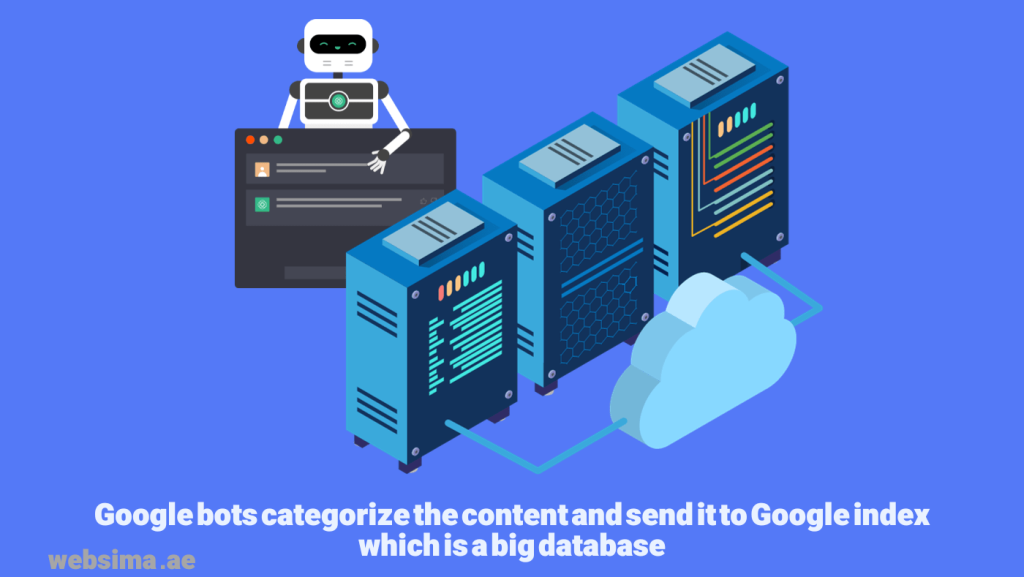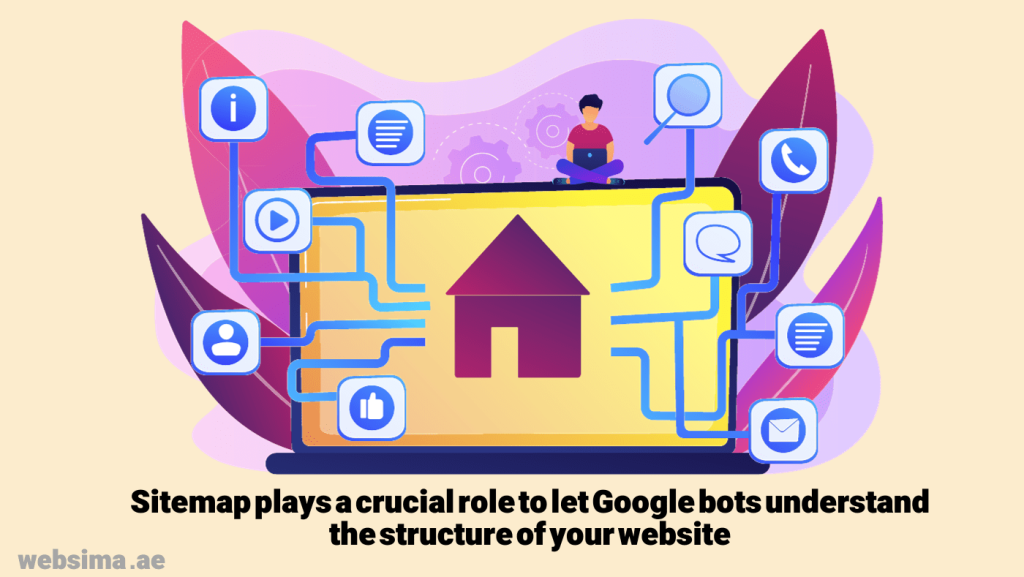How Google indexing works
Google, as the world’s biggest search engine receives more than 8.5 billion inquiries every single day. It is equivalent to almost 99’000 inquiries per second. That’s huge isn’t it?
Have you ever thought about how Google responds to such an enormous demand? If you are a web developer, you might already know how Google performs such an incredible task, but if you are a newcomer to the industry, it would be interesting for you to understand the whole process. So, let’s dive deep and see how Google operates.
Google stores the responses in a big database beforehand

As such, Google gathers all information in its big database, categorizes them and shows the best answer picked up by its algorithm to a user in need.
Deeper insight to what Google indexing is and how it works
Google indexing follow three main steps as below:
1- Crawling
Google bots collect information about the content, once a content is published on the internet. Google crawlers explore through the webpages and gather information in regards to the content, the page structure and other relevant information as much as possible. Once done, the data is delivered to the database to be indexed.
2- Indexing
Once the information is delivered to the server, it will be categorized, processed and stored within the database. There is additional information about the data stored in the database such as information about the content, relevance, page structure, as well as metadata such as page title and keywords.
3- Ranking
When a user asks a question from Google, the stored web pages will be shown to the user, based on their ranking. Google utilizes complicated algorithms to firstly select the web pages which are relevant to the user’s query and secondly to rank them on the result page, based on the relevancy, quality, links and a lot more factors.
If you are in the process of website creation in Dubai for yourself or for your client, be informed that the better the website is designed and maintained, the more chance for a higher rank on google will be on the horizon.
How to get your website indexed
1- Ask Google to index your homepage
As the first step, you need to signup for Google Search Console, so your homepage will be registered on Google database for indexing. If your website structure is good enough, Google bots will be able to find and explore other web pages within your website.
2- Create your sitemap

3- Optimize the indexing process by setting up a Robots.txt file
Robots.txt files are quite useful when it comes to indexing. The file acts as a guidance for the crawlers on how to explore your web pages. There are web pages like admin pages that are not useful for external visitors, so you don’t want them to be indexed. You may prevent the crawlers from indexing such pages by some simple commands within the robots.txt file.
4- Build Internal and External quality links
Links, either internal or external signal to crawlers that the content is worth to crawl. The more quality links you build within a content in your web page, the better chance for your content to be crawled and indexed. Link building may be difficult, if your website is new. You may go through guest blogging or interviews for making external backlinks.
How indexing impacts SEO
To be on Google search results, your website must be well-optimized for indexing. As such, make sure to take the required steps as outlined above to make your website available to Google bots for crawling and indexing. Even though it’s essential to arrange for your website to be indexed properly for being shown on Google search results, it doesn’t have any impact on your rank. Ranking high is another story which depends on how your website SEO is performed. Hence, if your website is already registered in Google Search Console and is indexing, but you are not happy with your website rank on your strategic keywords, maybe it is time to think about your website redesign strategy for the sake of enhancing your website SEO performance.
Final thoughts
Google, through special software, explores websites across the globe, reads through the published content and categorizes the data and stores them in a big database. The categorization includes information such as the type of content and what it is about, meta data, web page structure, keywords and a lot more. Google then, through complicated algorithms, ranks the web pages and uses this information to show the relevant content to users who are searching for something. It is essential for you to register your website in Google Search Console and request for indexing. More importantly, you must optimize the indexing process by creating and submitting your sitemap and Robots.txt file as well as professional link building.





